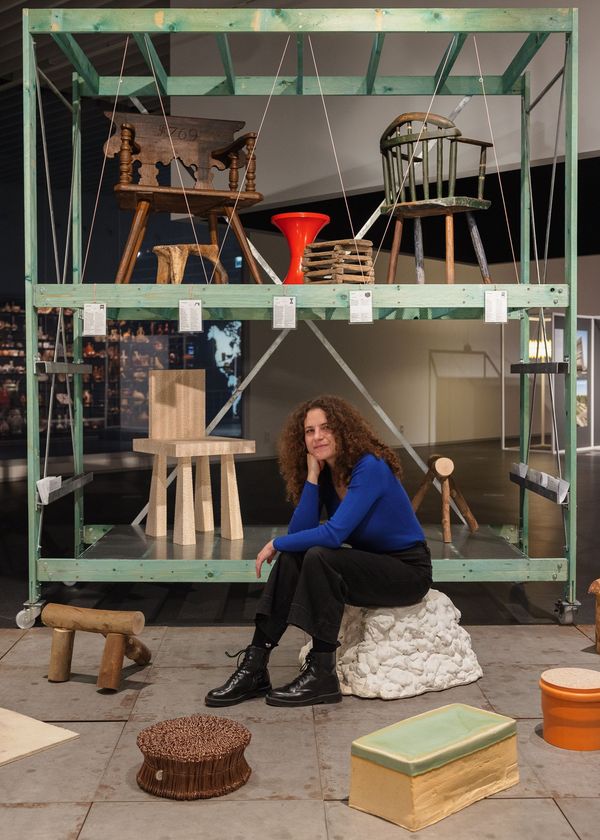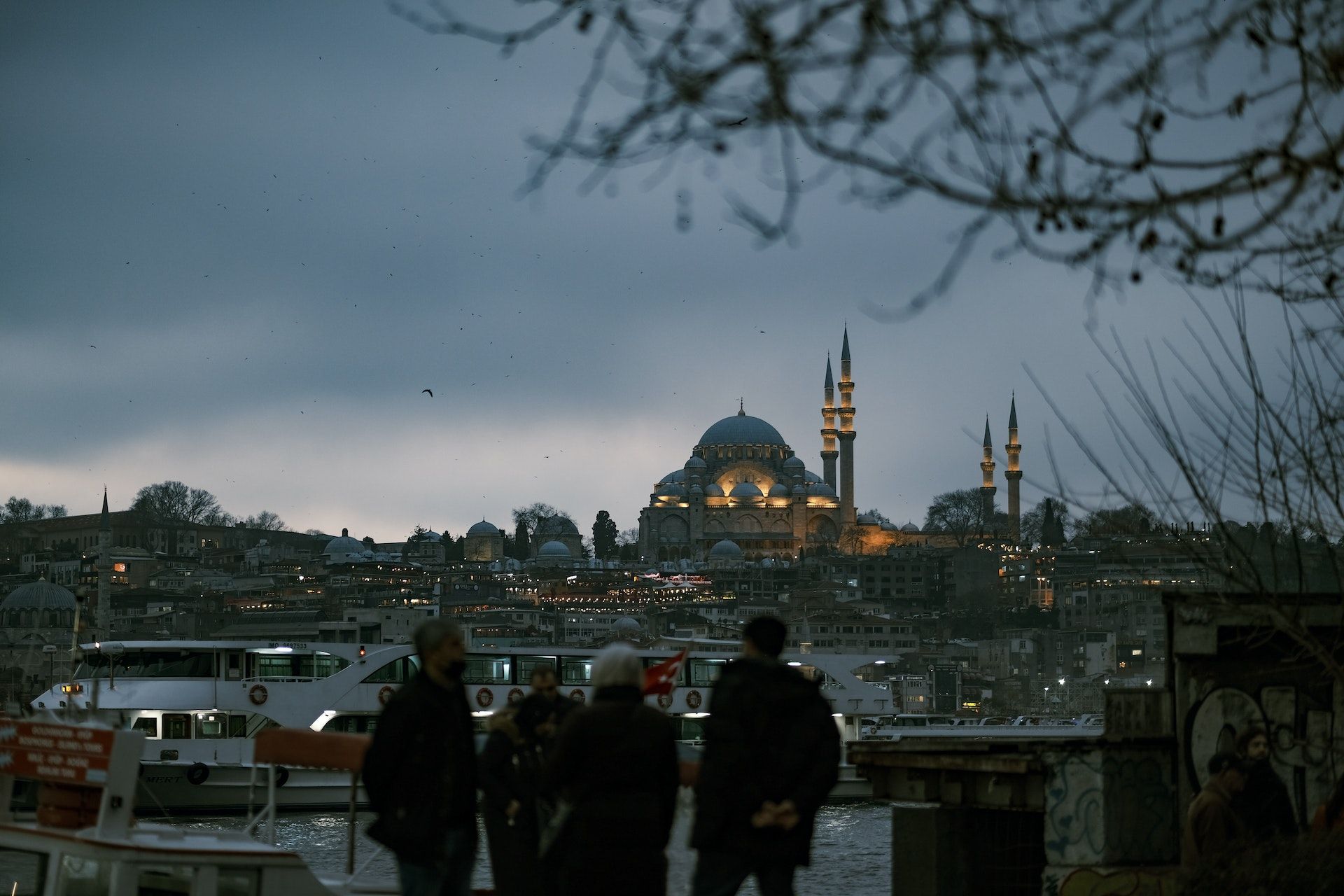Turkey and Russia have a unique position in modern Western politics: the two authoritarian countries are at the edge of Europe with interests that the West cannot or is unwilling to consider. Turkey has always been a bridge between East and West; thus, it is crucial to understand its role. We talked about Russia-Turkey relations with Nikolett Pénzváltó, Head of Research at Migration Research Institute, whose book was recently published.
Turkey has historically been a bridge between West and East, between Europe and Russia. According to recent news, Ankara plans to set up a gas hub, which could be strategically important for Russia. Does this mean that Turkey decided to leave its balance position? Did Ankara choose Moscow’s side?
I do not think that the gas hub is a sign of Turkey choosing Russia. The media has frequently covered developments in the past years to declare that Ankara chose a side. Turkey aims to be an energy hub for a very long time. The current agreement seems very beneficial for Turkey, but I do not yet see how and when the project could be implemented. There are two existing pipelines from Russia to Turkey, but they are not capable of transporting significantly more natural gas: the TurkStream has a capacity of 31.5 billion cubic meters per year, and the Blue Stream can transport 16 billion cubic meters per year. Thus, new pipelines would be needed for potential expansions. The construction of a new pipeline is not something that happens overnight; it would be a years-long project. Furthermore, it is not clear why it would be profitable to Ankara as Europe will most probably buy less Russian gas in the coming years, not more.
Even if the plans materialize, I do not think it would signal a shift in Turkish foreign policy. Turkey has a „politics of balance” regarding the Russo-Ukrainian war, in line with Ankara’s diplomacy in the past few years. On the one hand, Turkey did not impose sanctions on Russia, and some people interpreted this as a sign of Ankara’s support of Moscow. On the other hand, it is clear from the official Turkish statements of recent years that Turkey always stood up for Ukraine’s sovereignty and territorial integrity. Ankara does not support the Russian invasion of Ukraine at all; they firmly declared that even Crimea should be returned to Ukraine. Moreover, it is important to note the cooperation in the defense industry between Turkey and Ukraine that developed in recent years. Ankara supplies weapons to Kyiv; the Baykar Bayraktar TB2 drones got the most press coverage, but for instance, armored vehicles were also sent to Ukraine. Turkey is much more interested in Ukraine’s victory due to historical reasons. An excessively powerful Russia would harm Turkish interests, while a strong Ukraine that can counterweight Russia in the Black Sea region would be beneficial for Ankara.
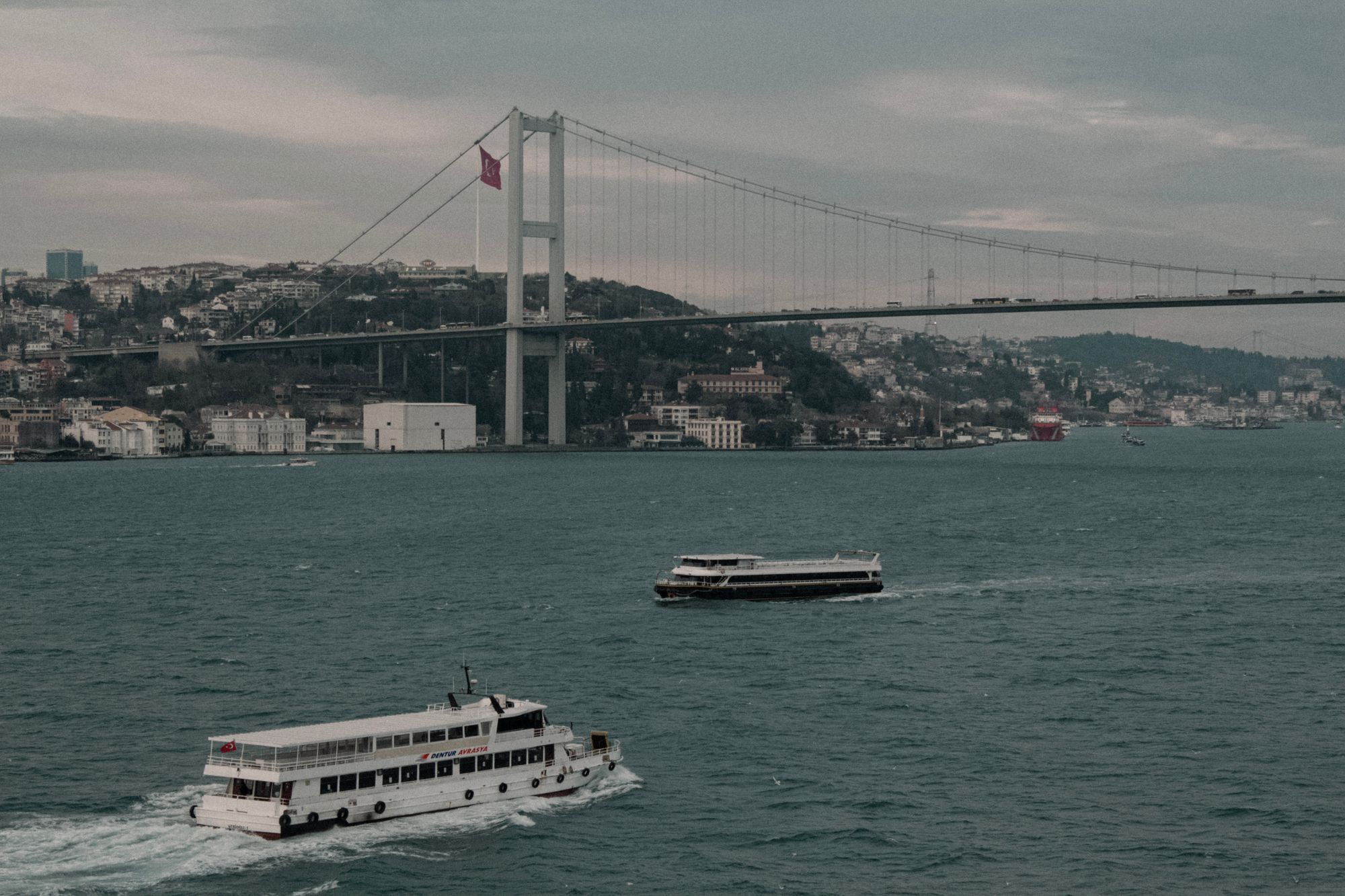
We often equate Turkish foreign policy with Erdoğan and Russian foreign policy with Putin. Can Russia-Turkey foreign policy relations exist independently of the two presidents, or is the relationship between the two individuals decisive? Furthermore, is the relationship bilateral, or are other great powers’ interests significantly influencing Ankara’s or Moscow’s policies?
In today's Turkey, we can indeed see that there are no more critical voices among the decision-makers; basically, Erdoğan makes the policies. Therefore, we can argue that his good relationship with Putin facilitates closer cooperation between the two countries. Nonetheless, another leader would probably act in a very similar way regarding foreign policy. The lower levels of politics, such as the strategic culture, historical experiences, and core characteristics of the two countries, determine the relationship. So, I think the answer to the question is twofold. In states with authoritarian tendencies, the role of the leaders is more important than in liberal democracies.
Russia-Turkey relations and the two countries' foreign policy should be seen in the context of the bigger global picture. In many cases, the relations between Ankara and Moscow are determined by their relationship with the United States. Ankara aims to counter Washington’s influence by cooperating with Russia, while Moscow’s main goal with Turkey is weakening NATO.
In Syria, Ankara first called for American intervention, but later, when they realized it was not in line with their interests, they turned to the Russians. Is it a potential explanation for Turkey’s increasing cooperation with Russia that Ankara is not getting enough attention from the West?
It is undeniable that the West has a responsibility for this development. The Iraq War in 2003 was the first step: the American invasion harmed Turkey’s interests to a large extent. In the past 19 years, there were many more conflicts and situations where the American, or generally the Western, interests were not in line with Tukey’s goals. So, it is understandable that when Ankara has no support from NATO, they decide to look for other partners. But I would like to stress again that this does not mean a shift in strategic orientation. Turkey will not leave NATO because they know exactly how important these collective defense guarantees are. Moreover, they are significantly connected to the West economically; Turkey is very dependent on the West. Thus, Turkey will not completely abandon its Western allies. Still, the West must pay more attention to Turkey to not alienate Ankara even more. If the West continues to repeatedly pursue goals that are contrary to Turkish interests, there may come a point when a Turkish leader would say that Western interests must be overshadowed. However, Turkey is unlikely to break up with the West in the medium term as Ankara simply has no alternatives.
So, Turkey does not want to leave NATO and does not want to break up with the West. Still, together with Moscow, Ankara tries to counter Western powers in their sphere of influence. But due to their geographic proximity, they are also regional rivals. How can this quite bipolar relationship be managed?
Mostly with a high level of pragmatism. They started to respect each other’s interests in recent years, and the leaders' role is crucial in this development. They try not to cross each other’s redlines. The 2015 Russian Sukhoi Su-24 shootdown was a low point in Russia-Turkey relations, but the parties sorted things out relatively quickly. Ankara and Moscow try to focus on their common interests instead of their problems with each other. I think today they are pretty successful in this, but the two countries may drift apart in the future.
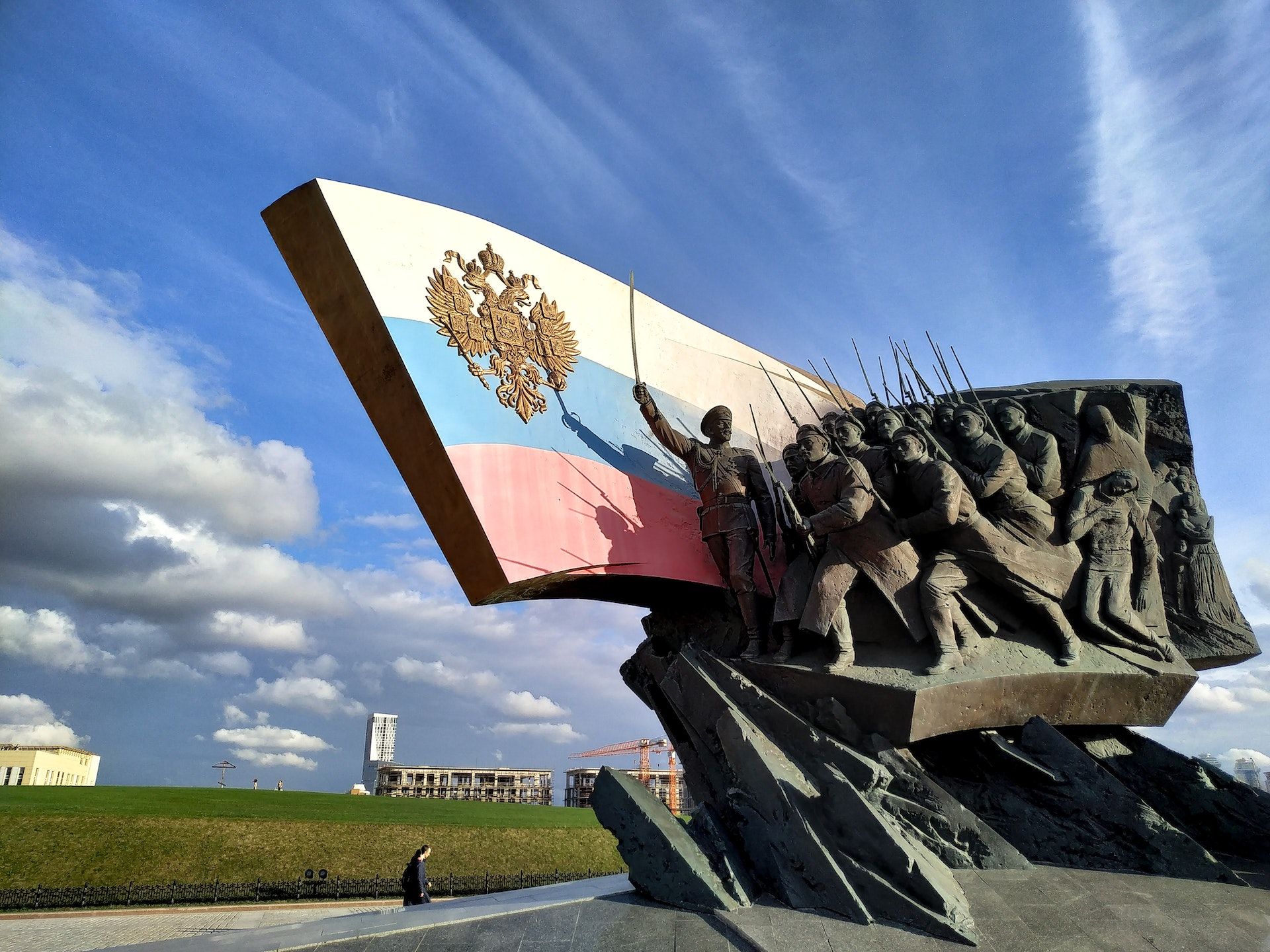
Turkey and Russia have close ties with Western culture due to, for instance, their geographic proximity. Is it realistic that the two countries will want to belong to the West in the long run, or will the distance remain? Will Turkish and Russian leaders always be seen as sultans and tsars in the West?
This is a recurring question. There is a debate within Turkish society, one side identifies as European and wants to live in a Western democracy, but the other considers themselves Middle Eastern and prefers authoritarian ruling. So, the country is divided on whether they should go to the West or the East. It became evident during Turkey’s EU accession process that the integration path is not a one-way street. There was a period when Turkey wanted to get closer to the West and wanted to join the EU. They introduced many reforms and took much effort to comply with everything needed. But the EU was not too welcoming; several member states opposed Turkey’s accession for many reasons. The plight is very complex. Turkey cannot entirely break up with the West, so some level of connection will always remain. But Ankara is now trying to follow an independent path; Turkey aims to counterbalance the great powers in its sphere of influence. It proved beneficial in many cases that they did not clearly choose a side and were led by their own interests to make the best of all emerging situations.
Nikolett Pénzváltó is a Hungarian senior researcher. She studied in Budapest and graduated from the Eötvös Loránd University (ELTE) with a Bachelor's degree in International Relations and Turkic Studies. She obtained her Master’s degree in Security and Defense Policy from the National University of Public Service (NUPS) in 2016. She defended her Ph.D. dissertation on Russia-Turkey relations regarding foreign, security, and defense policy in the autumn of 2020. She joined the Migration Research Institute in February 2020, where her research mainly focuses on Turkey.
Her book on „Turkey’s Russian roulette” was recently published by MCC Press. The book is only available in Hungarian and can be purchased here.
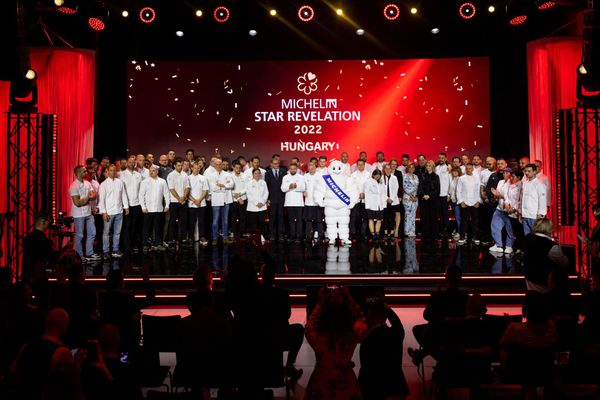
The first restaurants in the Hungarian countryside to receive a Michelin Star
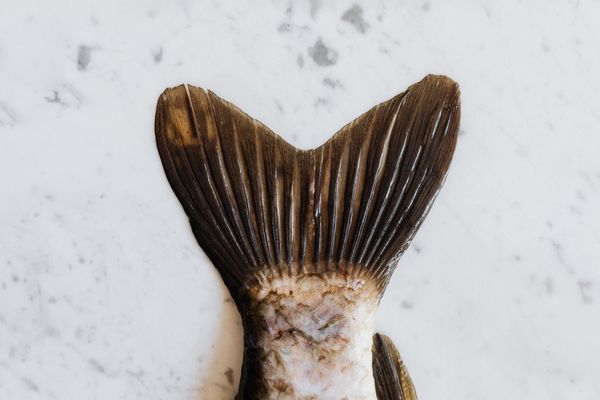
The ecocatastrophe of the Oder
